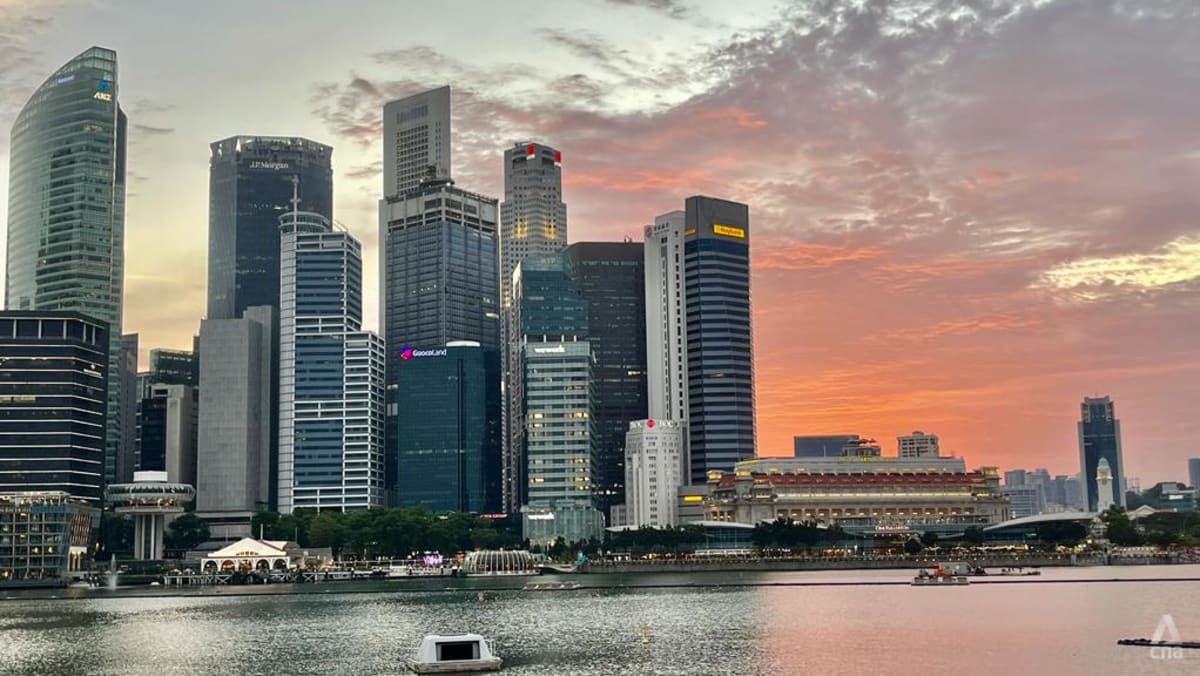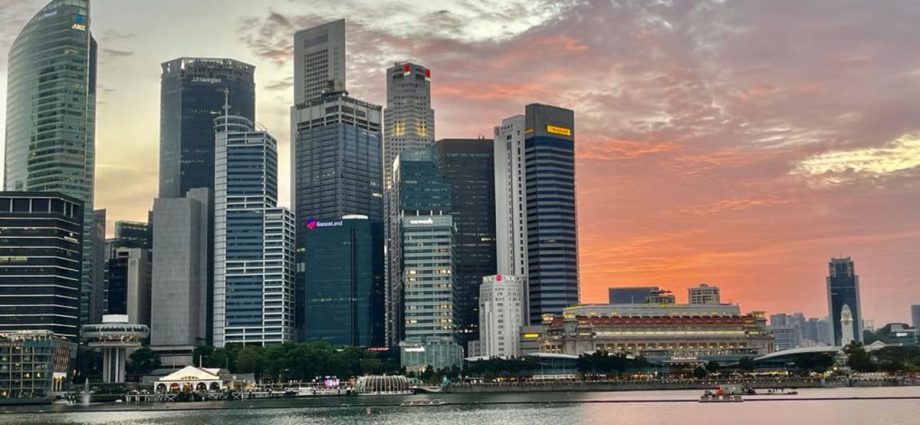
SINGAPORE: All listed companies in Singapore will be required to make climate-related disclosures starting from the financial year (FY) of 2025, said Minister for Transport and Second Minister for Finance Chee Hong Tat on Wednesday (Feb 28).
Such disclosures will have to be done based on local reporting standards that are aligned with the International Sustainability Standards Board, a global accounting standards body.
The new requirement will also apply to large non-listed companies – defined as having annual revenues of at least S$1 billion (US$0.74 billion) and total assets of at least S$500 million – from FY2027, Mr Chee announced, as he laid out the Finance Ministry’s spending plans for the year ahead.
This phased implementation in sustainability reporting for businesses comes after a public consultation put out by the Sustainability Reporting Advisory Committee last year.
The committee was jointly formed by the Accounting and Corporate Regulatory Authority (ACRA) and the Singapore Exchange Regulation to advise on a climate reporting roadmap for Singapore-incorporated companies.
Speaking in parliament, Mr Chee said the government has “considered the public feedback carefully” before making the decision to introduce mandatory climate disclosures in phases.
He noted that other jurisdictions, such as the European Union and New Zealand, have introduced similar requirements for both listed and non-listed firms.
Currently, only listed firms in five prioritised industries, such as financial and energy, are required to provide full climate-related disclosures. Those in the materials and buildings, as well as transportation industries started doing so from this year, while others make disclosures on a “comply-or-explain” basis.
Under the new rules, both listed companies and large non-listed companies will also be required to obtain external limited assurance, or independent verification, on their scope 1 and scope 2 emissions. This will kick in two years after the mandatory reporting requirements take effect.
Scope 1 covers a company’s direct emissions such as manufacturing facilities or company vehicles, while scope 2 covers indirect emissions generated from the purchase of electricity.
There is also the so-called scope 3 emissions, which typically refers to indirect emissions from entities up and down a company’s value chain. These can include purchased goods and services, business travel, commuting, waste disposal and water consumption.

